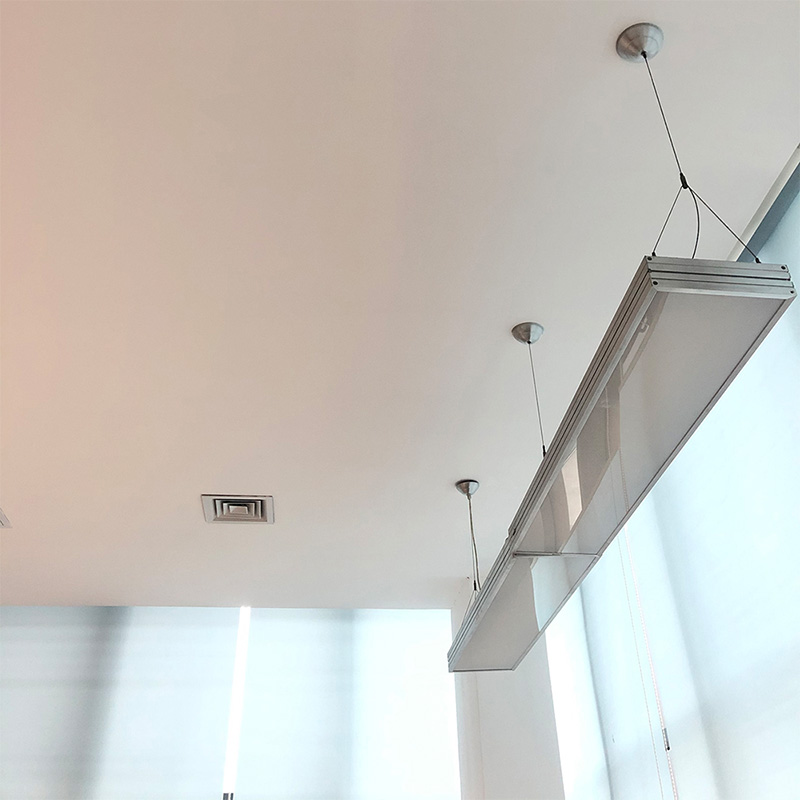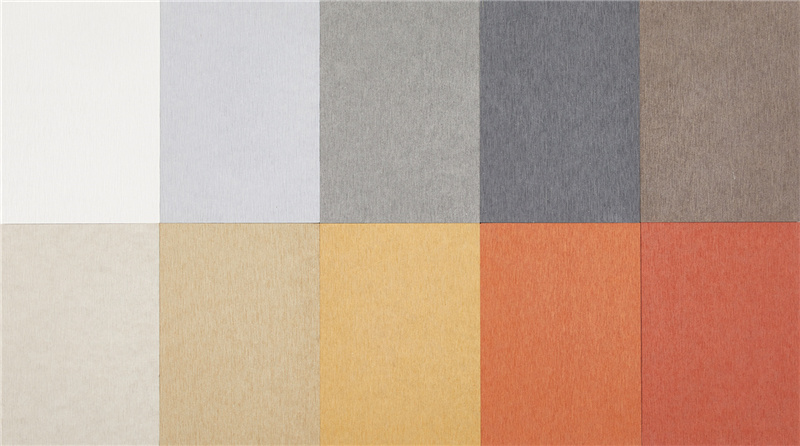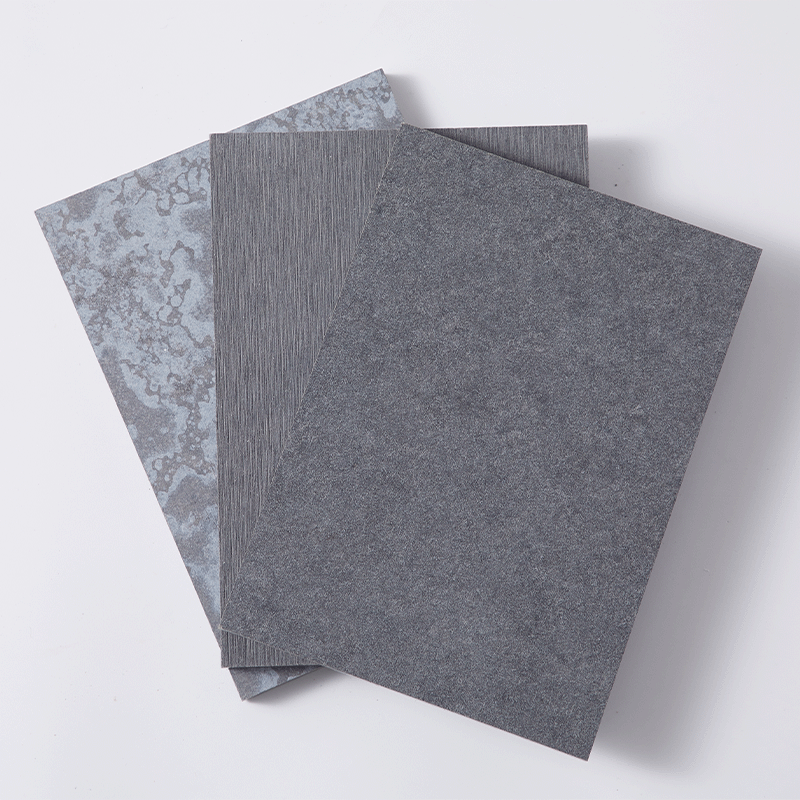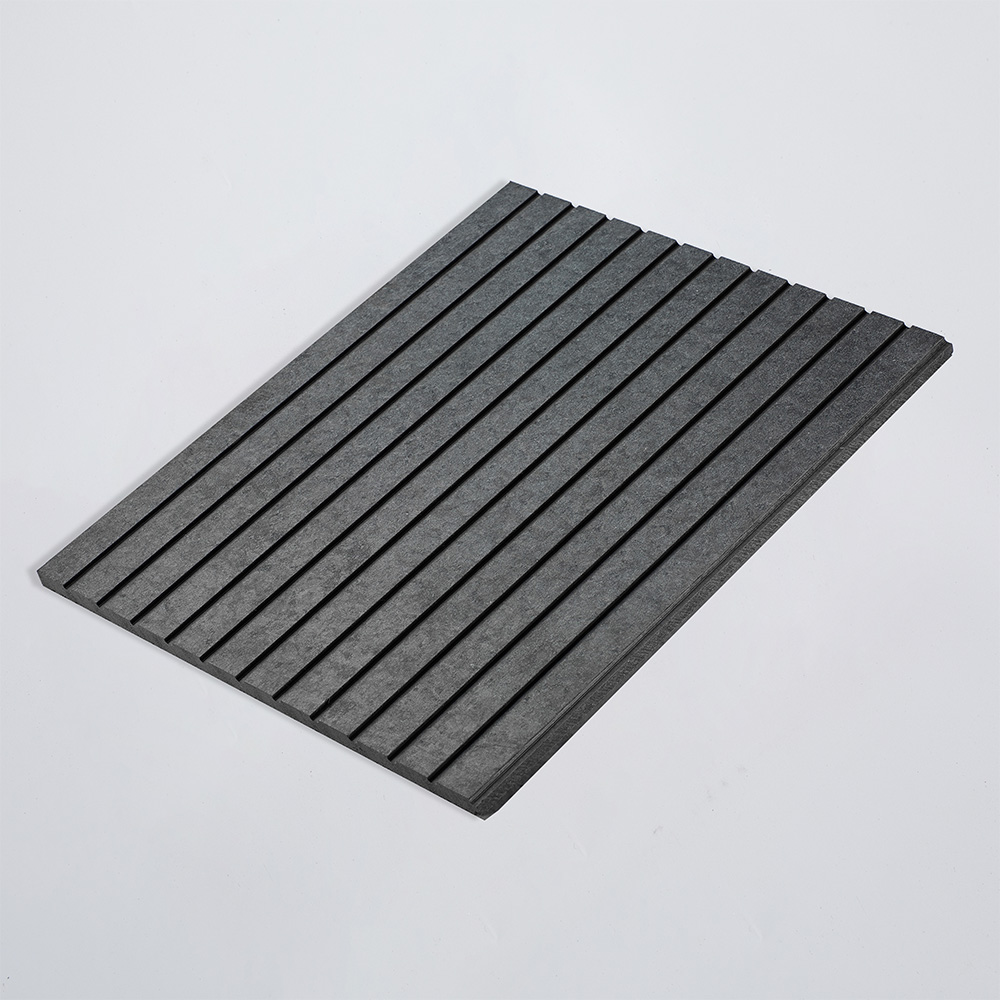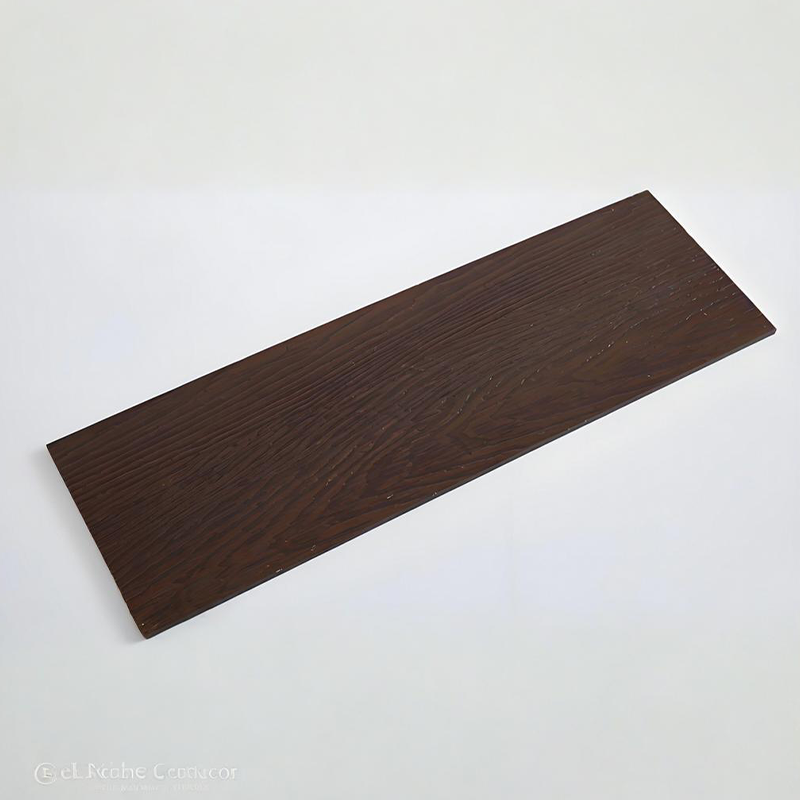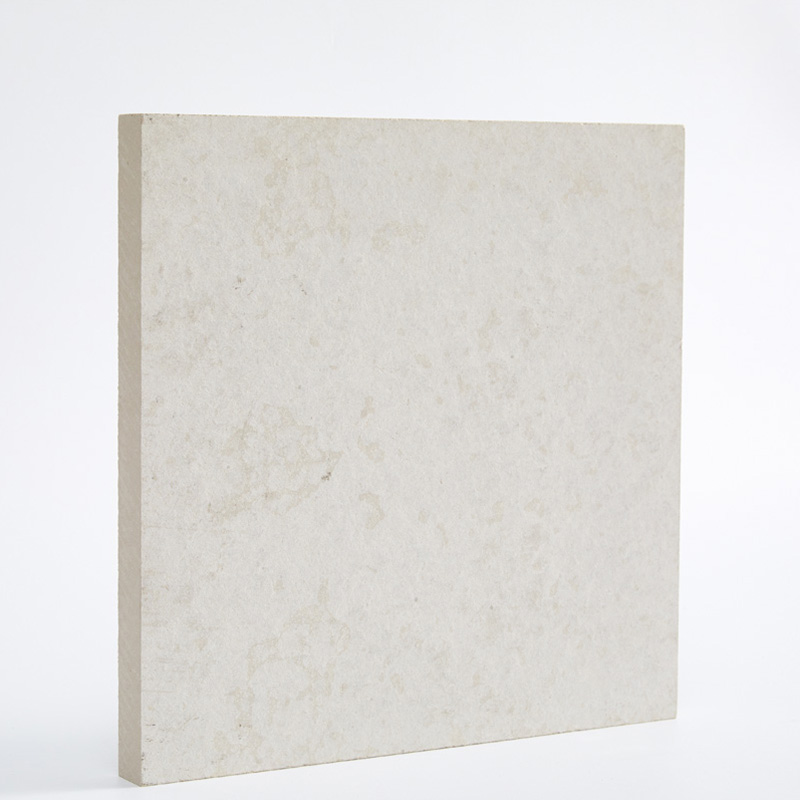Fiber cement board is a versatile and durable construction material, increasingly favored in modern architecture and building solutions. Fiber cement board density plays a crucial role in determining its strength, durability, and performance in various construction projects. Whether you're working on exterior cladding, interior walls, or specialty applications like fireproofing, selecting the right fiber cement board density can dramatically affect the project's long-term success.
In this article, we'll explore the importance of fiber cement board density, how to choose between standard and high-density fiber cement boards, and why understanding these factors is essential for construction professionals aiming to deliver superior results.
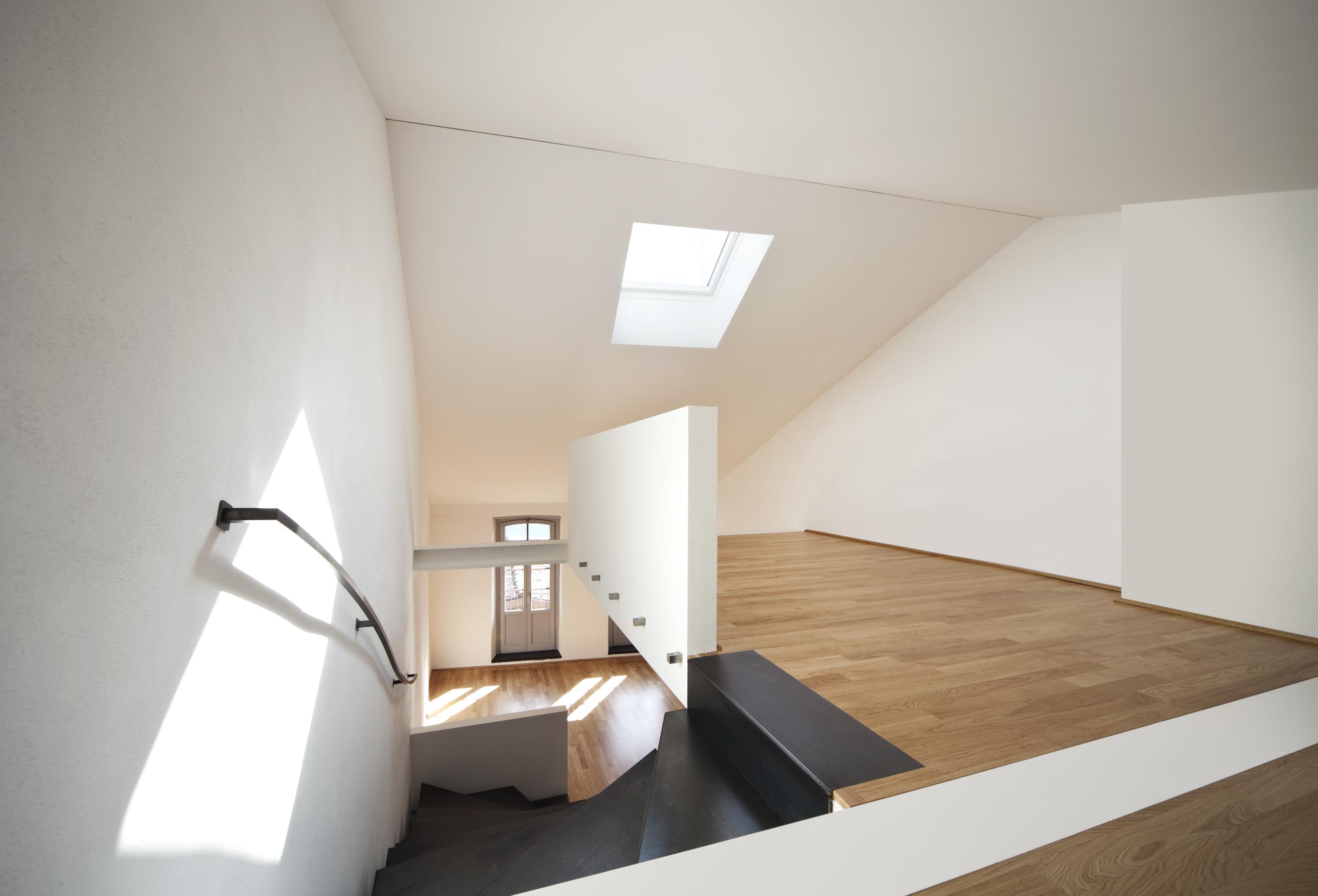
Floor Slab Fiber Cement Board
Why Does Fiber Cement Board Density Matter?
Fiber cement board density refers to the mass of the board per unit volume, typically measured in kilograms per cubic meter (kg/m³). Put simply, density refers to how much material is packed into a given volume of the board, which directly influences the board's weight, strength, and performance characteristics.
The density of fiber cement boards can vary widely, typically ranging from 800 kg/m³ to 1,500 kg/m³. High-density fiber cement boards tend to be more durable, moisture-resistant, and capable of withstanding impact, making them suitable for various applications.
Different Types of Fiber Cement Board Density
Fiber cement boards are available in a range of densities, each suitable for different purposes. Here's an overview of the most common density categories and their best-use cases:
1. Low-density Fiber Cement Board
Typically under 1,000 kg/m³, these boards are lighter and easier to handle but may not provide the same level of performance as their denser counterparts. They are best suited for non-load-bearing applications.
Best for:
- * Interior walls or ceilings where load-bearing strength is not critical
- * Renovation projects requiring lightweight materials
- * Areas with minimal exposure to moisture or harsh weather conditions
2. Standard-density Fiber Cement Board
Ranging from 1,000 kg/m³ to 1,200 kg/m³, these boards strike a balance between weight and durability. While not as durable as high-density fiber cement boards, standard-density options are versatile and can be used in both interior and exterior applications.
Best for:
- * Residential exterior cladding with moderate exposure to elements
- * Interior partitions that require a balance of weight and strength
- * Projects on a budget where some trade-off in strength is acceptable
Fiber Cement Board For Partition & Ceiling
3. High-density Fiber Cement Board
High-density fiber cement boards are generally denser than 1,200 kg/m³, offering enhanced impact resistance and are less prone to warping or cracking under stress. They are the top choice for applications where superior strength, durability, and resistance to extreme conditions are required. This makes them suitable for projects that demand top-notch performance or exterior applications where exposure to harsh weather conditions is a concern.
Best for:
- * High-traffic commercial buildings
- * Exterior cladding in regions with severe weather conditions
- * Fire-rated walls and partitions where additional fire resistance is crucial
- * Load-bearing applications that require strong, durable materials
Key Considerations When Choosing Fiber Cement Board Density
1. Location and Environmental Conditions
For projects in areas exposed to harsh weather—such as heavy rains, snow, or strong winds—opt for high-density fiber cement boards. Their resilience ensures longevity and reduces maintenance costs over time.
2. Fire Resistance
Construction projects in industrial, commercial, or high-occupancy residential spaces may need materials with superior fire resistance. High-density fiber cement boards provide excellent fire-resistant properties, making them ideal for such applications.
3. Aesthetic and Design Needs
The density of the board can also influence its surface finish and overall aesthetic. High-density boards can support finer finishes and offer a more polished appearance, while low-density boards may be more suitable for simpler designs or concealed applications.
4. Budget Considerations
While high-density fiber cement boards offer superior performance but come at a higher cost. If the project does not demand maximum durability, opting for a standard or low-density board can offer a more cost-effective solution without compromising the overall quality.
5. Acoustic Performance
If sound insulation is essential, high-density fiber cement boards can provide better acoustic performance due to their mass, which helps absorb and reduce sound transmission. This is particularly beneficial in environments where noise control is crucial, as denser boards can significantly contribute to creating a quieter and more peaceful space.
Outdoor High-density Fiber Cement Board
Relatable Examples of Fiber Cement Board Usage
Let's consider a commercial building in a coastal region with strong winds, heavy rain, and high humidity. In such an environment, a high-density fiber cement board is ideal for exterior cladding, as it will withstand the elements, resist water penetration, and last longer with minimal maintenance.
Alternatively, for a residential renovation focusing on interior design, a standard-density fiber cement board might be more appropriate. These boards are easier to work with, lighter to transport, and still provide sufficient durability for non-load-bearing walls.
Final Thoughts
Understanding and selecting the right fiber cement board density can dramatically influence the success of your construction project. From high-impact commercial applications to interior design renovations, knowing the strengths and limitations of each type of board ensures you achieve long-lasting, durable results.
For professionals seeking premium solutions, investing in high-density fiber cement boards offers peace of mind and excellent performance, especially in demanding environments. Standard-density boards may provide the best value if your project requires versatility and a balance between cost and performance.
By considering the project's location, design needs, and functional requirements, you can confidently choose the ideal fiber cement board density to ensure project success and long-term durability. Need custom fiber cement board solutions? Contact New Element today for expert advice and top-quality fiber cement boards that meet your specific construction needs!

